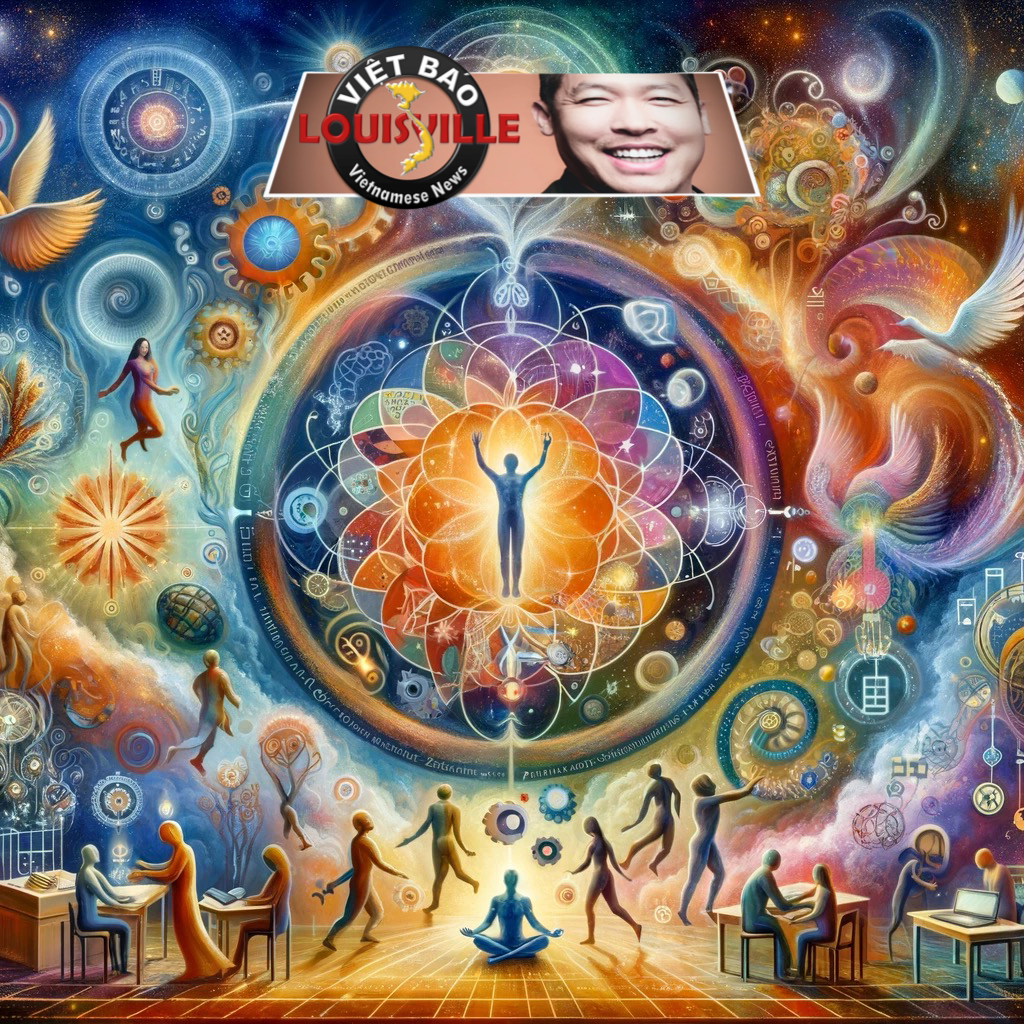In the vast expanse of existence, human life, with all its complexities and intricacies, finds its true essence in the act of creation and contribution. This ethos, which underpins our very being, suggests that we are not merely passengers on the journey of life but active participants, tasked with the mission to add value, to utilize our physical and spiritual capacities to the fullest, and to contribute to the overarching beauty of the divine infinity that is the vibration of energy.
The Purpose of Work and Creation
At the core of human endeavor is the pursuit of work and creation, not merely as a means to an end but as an end in itself. This perspective shifts the paradigm from working to live to living to work, a subtle yet profound difference that elevates the act of work from a necessity to a calling. Through our labor, whether it be physical or intellectual, we express ourselves, imprinting a part of our essence onto the world around us. This contribution goes beyond material gains; it is an extension of our being, a testament to our existence.
Physical and Spiritual Exhaustion as a Path to Fulfillment
Embracing the notion of exhausting oneself in the pursuit of adding value to life challenges contemporary notions of self-preservation for the sake of comfort and leisure. This exhaustion is not detrimental but rather a form of fulfillment, a means through which we achieve a deeper understanding and connection with the essence of life. Physically, it manifests through the tangible results of our labor—be it art, innovation, or the simple act of service to others. Spiritually, this exhaustion leads to a sense of peace and satisfaction, knowing that our actions resonate with a higher purpose and contribute to the collective vibration of energy that connects all forms of life.
Contributing to the Beauty of the Divine Infinity
The concept of divine infinity is a reflection of the interconnectedness and perpetual motion of the universe. Our contributions, no matter how small or significant, ripple through the fabric of existence, influencing the cosmic dance of energy. By recognizing our role in this divine play, we see our work and efforts as essential to the harmony and beauty of the whole. This realization fosters a sense of unity and purpose, propelling us to strive for excellence and to continue contributing to the flow of energy that sustains life.
The Vibration of Energy: A Universal Connection
The idea that we are all connected through a vibration of energy is a powerful reminder of our collective humanity and spirituality. It underscores the importance of our contributions, as each action, thought, and creation adds to the frequency of this universal energy. By aligning our efforts with positive, constructive values, we enhance not only our own lives but also the lives of others, contributing to a global elevation in consciousness and well-being.
Conclusion
To exist, to live to work, is to embrace a life of purpose and contribution. It is to recognize our capacity to add value, to exhaust ourselves in the noble pursuit of enhancing life both physically and spiritually, and to play our part in the divine infinity of energy that connects us all. In doing so, we not only fulfill our potential but also contribute to the collective beauty and harmony of existence. This perspective transforms the way we view work, life, and our place in the universe, encouraging us to live not just for ourselves but for the greater good of all.



